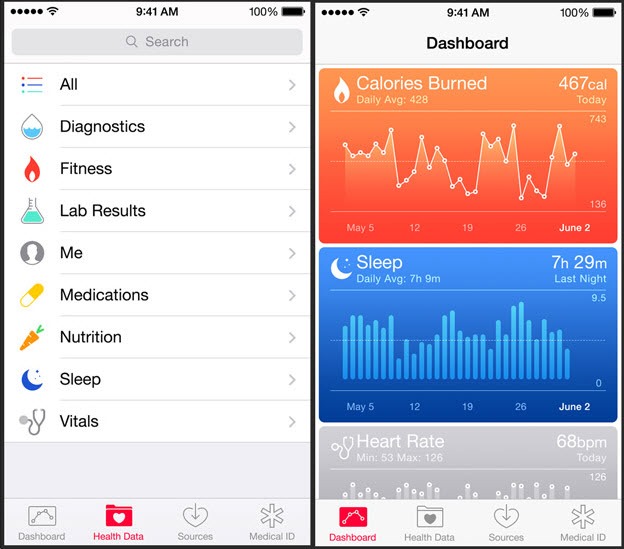It’s all about perspective.
Ten percent can be a large or small amount, depending on the context of what it represents. If we’re talking about unemployment, 10% is unacceptable. If we’re talking about income tax, paying only 10% would be a blessing.
For today, we’re avoiding politics and the economy and instead, talking about the 10% of Americans who use wearable tech fitness trackers to monitor and track their daily activity, food intake, sleep, and exercise. This 10% of Americans make up a group of people that health insurance companies are examining closely to determine more accurate ways of calculating insurance premiums. On average, your premiums fluctuate once each year, which usually means added cost. That added cost doesn’t always have anything to do with you, and is often part of a re-rating of the group pool you’re a part of, like the company you work for.
The Only Fitness Tracker Review Guide You Need
What if your premium was calculated based on how you, as an individual, actually live? What if your premium fluctuated because of choices you make regarding your individual health and not because of others in your insurance pool dragging you down?
That very scenario is on the horizon, as insurance companies are looking at how they can take data from your FitBit, Jawbone, FuelBand, and other fitness-centric wearables into consideration when factoring how much you pay each month. The idea isn’t exactly new, considering auto insurance companies like Progressive already offer discounts for drivers willing to attach a small diagnostic device to their vehicle so the company can monitor driving habits. After 30 days, safe drivers are given a reduced monthly premium.
Oil giant BP offers employees a FitBit tracker as part of its corporate wellness initiatives. Once participating employees walk one million steps, they’re eligible for lower monthly health insurance premiums. To break that down, it would take approximately:
- 200 days (7 months) to walk one million steps at 5,000 steps per day.
- 125 days (4 months) to walk one million steps at 8,000 steps per day.
- 100 days (3 months) to walk one million steps at 10,000 steps per day.
- 90 days (3 months) to walk one million steps at 11,000 steps per day.
Advocates for this type of granular health insurance rating model claim that much of the $2.6 trillion cost associated with health care has to do with behaviors. Bad health behaviors, for example, lead to added cost for insurers as they shell out billions for the treatment of obesity and diabetes each year. If you’re doing everything you can to regulate and improve your health, you should be rewarded with lower monthly premiums, since your odds of needing costly treatment for these and other disorders diminishes greatly. For example, the latest CDC stats indicate 34.9% of adult Americans are obese, and beyond the obvious negative effects, obesity is linked to debilitating migraines and headaches, which have their own expensive medications and treatment.
Nudge, a health and fitness app I wrote about last week, is already talking to healthcare professionals about how the data it collects on users could be beneficial for patients and their doctors. In the interest of keeping users’ data private, there’s currently no sharing of that data taking place. However, the company is looking at forming partnerships with doctors so patients can opt-in to sharing that data with their physician in the future. This can be extremely helpful when making decisions for diet, exercise, medications, and treating disease.
Other major tech companies like Apple and Google are creating devices and services to help you monitor your health using your smartphone. With more than 1.8 billion smartphones floating around in the world, the data collected from their sensors, as well as your input through free apps, can be tracked and analyzed to show your own trends and patterns over time. In the coming months, Apple will release a new version of its operating system for the iPhone, called iOS 8, which includes a “Health” app (pictured above) designed to do exactly this. It’s rumored that Google is working on a similar service called “Google Fit” to launch on its Android smartphones.
Remember, it’s all about perspective. How you view the importance of your own health may soon play a part in how insurers view you, and how much they charge you.
Also Read:
Get Nudge and Finally Track All Your Health and Fitness Data in One App
The HYPERICE VYPER is the Future of Foam Rolling, Endorsed by Adrian Peterson
Most Americans Clean Their Plates. Most Americans Are Obese. There’s a Connection.


